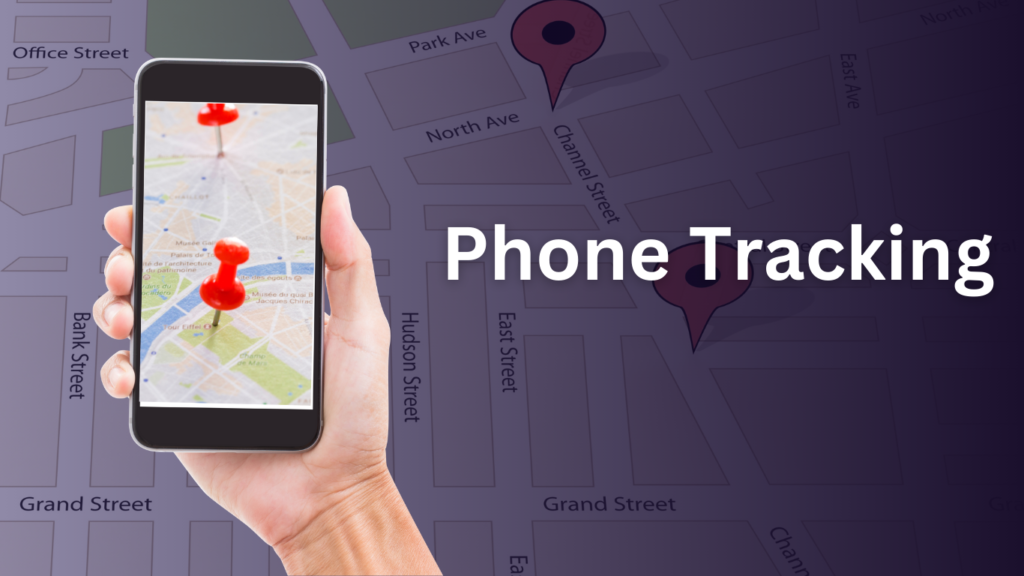Phone Tracking Protocols in India: Mapping the Legal Landscape

Navigating the Landscape of Phone Tracking in India
In the era of digital connectivity, phone tracking has become an integral part of various aspects of our lives. In India, the use of location-based services and tracking mechanisms has witnessed a significant surge. Whether for enhancing user experience through navigation apps or ensuring security through law enforcement, the implications are vast.
The rise of mobile technology has allowed for precise and efficient phone tracking in India. While this can offer convenience, it also raises concerns about privacy and data security. The government and law enforcement agencies, guided by legal frameworks, employ phone tracking to combat crime and ensure public safety.
As we embrace the benefits of this technology, it becomes crucial to strike a balance between innovation and safeguarding individual privacy. The evolving landscape of phone tracking in India prompts a thoughtful examination of the ethical and legal considerations surrounding this powerful tool.

In India, the legal procedure for phone tracking involves adherence to established laws and regulations to safeguard individuals' privacy and ensure proper authorization. The primary legal provisions governing phone tracking include:
1. Indian Telegraph Act, 1885: This is a foundational law that grants the government the authority to intercept or monitor telephonic communications in the interest of public safety or to prevent a crime. Section 5(2) of this act outlines the conditions under which phone tapping is permissible.
2. Information Technology (Procedure and Safeguards for Interception, Monitoring, and Decryption of Information) Rules, 2009: These rules supplement the Indian Telegraph Act and provide a legal framework for the interception, monitoring, and decryption of electronic communications, including phone calls.
3. Section 69 of the Information Technology Act, 2000: This section empowers government agencies to intercept, monitor, or decrypt electronic communication, including phone calls, in the interest of national security or public order. The procedure for interception is outlined in the rules mentioned above.
4. Authorization from Competent Authority: Before phone tracking is initiated, law enforcement agencies must obtain written permission from a competent authority. This could be a Secretary in the Ministry of Home Affairs at the central level or a Secretary to the Home Department at the state level.
5. Court Warrants: In many cases, obtaining a court warrant is a prerequisite for phone tracking. A judge must be satisfied that there are reasonable grounds for interception or monitoring based on the information provided by the law enforcement agency.
6. Limited Duration: The interception or tracking is usually authorized for a limited period, and extensions require fresh approval from the competent authority.
It's crucial for law enforcement agencies to follow these legal procedures meticulously to ensure that the right to privacy is respected, and it is carried out within the bounds of the law. Any unauthorized interception or monitoring is a violation of privacy rights and can lead to legal consequences for the parties involved.
